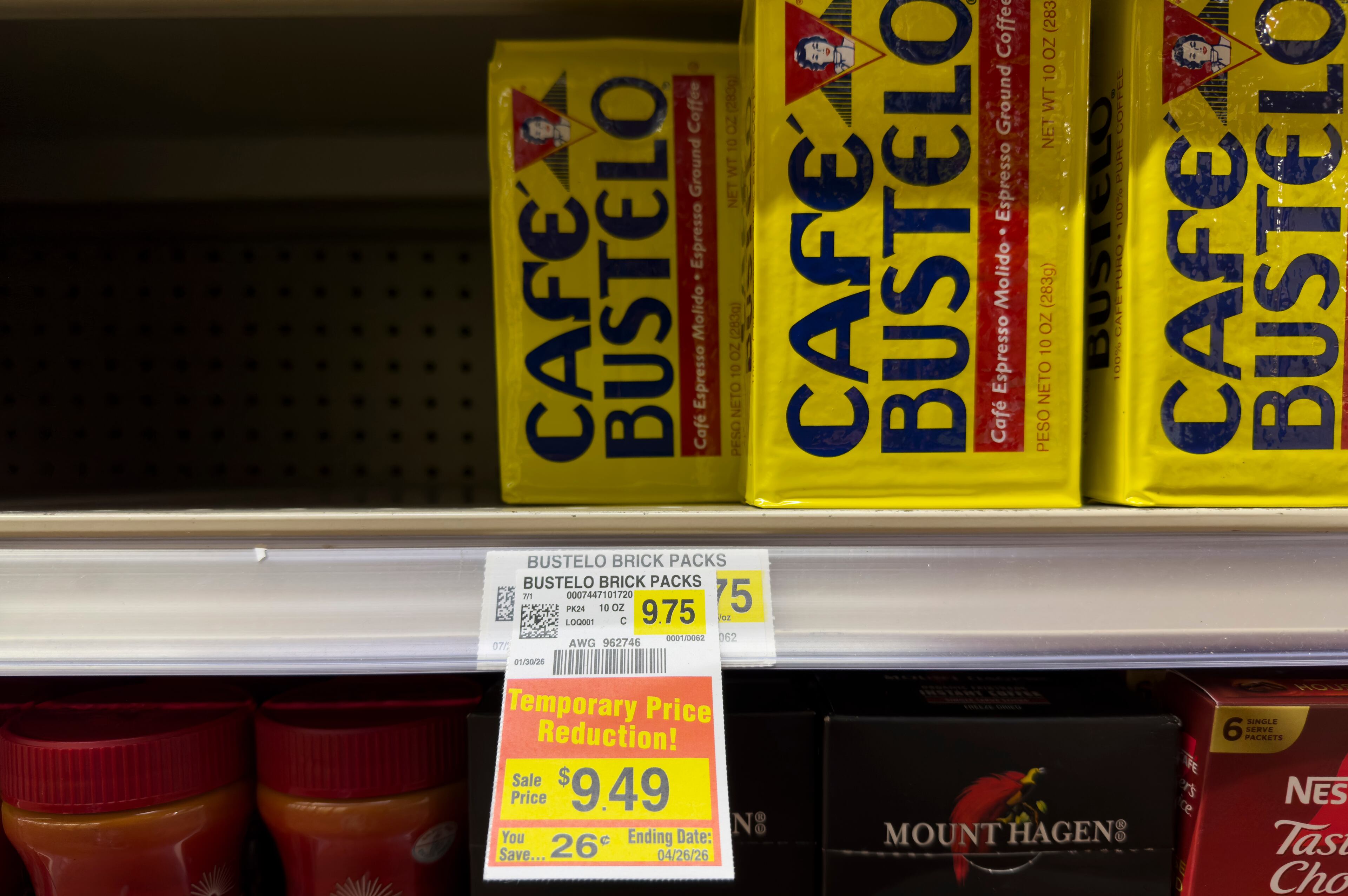OPINION: Buy nothing to build community bonds

A few months ago, I found myself driving to the home of a stranger to retrieve a little black dress with a ruffled skirt.
I had recently joined my local Buy Nothing Facebook group and the dress was my first exchange with someone who was posting items to give away for free.
“I am waaaay late, but do you happen to still have the black dress you posted? If so, I would love to claim it,” I wrote in a direct message.
“No worries! Are you referring to the ruffled one? If so, yes!” she replied.
Why did I want the dress? I had lost 10 pounds and it felt like a harmless way to celebrate a win.
As I hung the new-to-me dress in my closet, I wondered if it had a story. Did the previous owner wear it to a party or a night out with friends? It reminded me of a Robert Palmer video, kinda cool, kinda short and kinda 80s. I quickly decided it would likely be more of a tunic than a dress, but I loved it.
I have always been a thrift store shopper but this felt like I was doing more than being environmentally conscious or financially savvy. I felt as if I had a connection to someone in my community. We are strangers but we shared a common interest or taste. That means a lot given the state of neighbor relationships.
Only 26% of U.S. adults say they know all or most of their neighbors, according to a 2018 study from Pew Research Center. Rural residents (40%) were more likely than suburban (28%) or urban (24%) to say they knew all or most neighbors.
But knowing each other is just the start. A 2021 poll commissioned by Homes.com found that 36% of respondents have had issues with neighbors that escalate into full-blown arguments. A quarter of respondents said they have a long-running feud with someone living next to them.
I won’t go so far as to suggest that Buy Nothing can solve neighborhood disputes, but it is a lot harder to dislike someone if they have freely provided you with goods or services that you need.
Buy Nothing was started in 2013 by two friends, Liesl Clark and Rebecca Rockefeller, who live in the Pacific Northwest and wanted to reduce plastic waste by creating a gifting economy.
There are more than 7,500 Buy Nothing communities worldwide including more than 100 in Georgia. Most of the groups reside on Facebook, but the founders have introduced a new platform to reach a broader audience, scale the movement and allow users to customize neighborhood boundaries.
In Buy Nothing groups, material wealth is measured by trust and personal connections made between people. Valuing people and their stories over stuff is the rule, according to the list of principles.
The people and stories behind the stuff is what pulls me in: new neighbors moving in, old neighbors moving on. Babies and kids growing up and out of clothing and toys. The anticipation of watching people search for the most obscure items and the gratification when someone can fill their request.
Candice Crawford said her first ask on Buy Nothing was an odd one. She had just moved to southeast Atlanta and the fireplace in her condo stopped working. She posted on Buy Nothing to see if anyone had the part needed to fix it. “I thought maybe someone would have one sitting around in the basement,” she said. A neighbor didn’t have the part, but offered Crawford an electric fireplace that had never been used. Crawford claimed it and she was hooked.
“It’s crazy how many things you have that people need,” she said when we talked by phone. “I had stuff that was doubles or brand new. I didn’t know what to do with it and I was moving it around the house.”
Though Crawford knows her way around a thrift store, Buy Nothing feels different. “It feels more intentional … and more neighborly than selling someone something and never hearing from them again,” she said.
People have sent her pictures of plants that she gave away, just to let her know they are thriving.
Once she offered up a formal dining table that was too large for her new place. A neighbor claimed it for her grandmother. “She said, ‘My grandmother is going to love this table,’” Crawford said. “I felt like I was part of the family.”
Giving feels good, and Buy Nothing groups help us tap into the desire so many of us have to return to a time of community support and mutual aid.
It was Crawford who posted the little black dress that now hangs in my closet.
A purchase she had made during her own weight loss journey, it had been hanging in her closet for about seven years. “I was never able to fit it because I was never able to lose the weight,” Crawford said after congratulating me on reaching my goal.
It was a small exchange but that little black dress gave us a basis for connection, and that feels like we are a part of something bigger.
Read more on the Real Life blog (www.ajc.com/opinion/real-life-blog/) and find Nedra on Facebook (www.facebook.com/AJCRealLifeColumn) and Twitter (@nrhoneajc) or email her at nedra.rhone@ajc.com.



